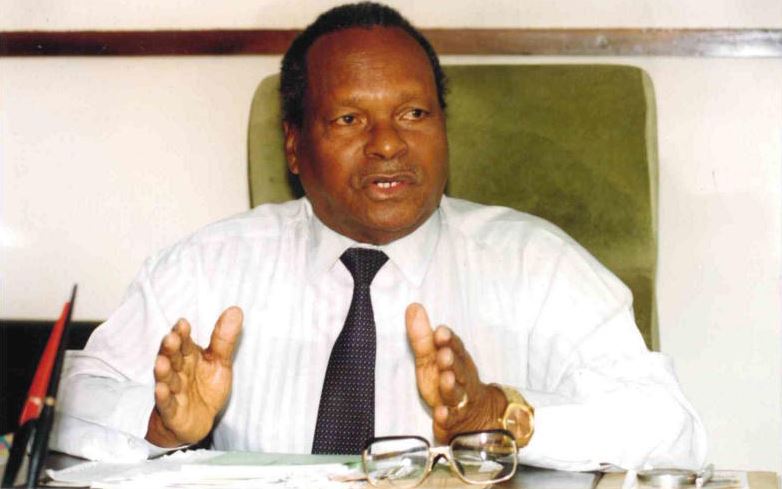×
The Standard e-Paper
Home To Bold Columnists

Second liberation hero had on Christmas Day in 2018 told his family to prepare for this year’s fete without him.
What mourners who will today attend Charles Rubia’s burial in Karigoini in Murang’a County may not know is that the multi-party crusader foresaw his death.